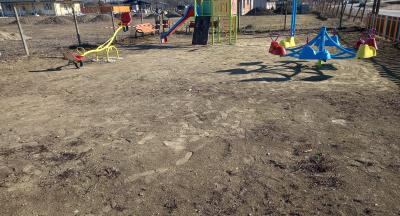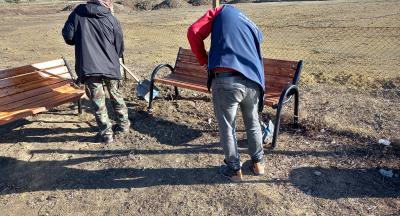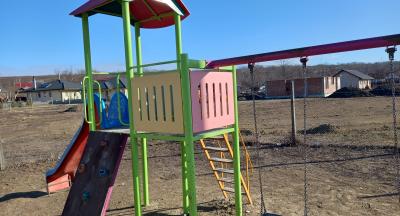Murgeni
*Disclaimer: The information and views set out in this page do not necessarily reflect the official opinion of the Council of Europe and/or the European Commission. Neither the Council of Europe, the European Commission nor any person acting on their behalf may be held responsible for the use which may be made of the information contained therein.
Murgeni is a town in Vaslui County, in eastern Romania.
The town administers six villages: Cârja, Floreni, Lățești, Sărățeni, Schineni and Raiu.
According to the National census 2014, there are 1 046 Roma living in Murgeni. However, in 2021, local authorities estimate the population to be about 2 800, with a majority of Caldarari and Ursari Roma. Most of them live in “Tiganie” area, where part of the houses are illegally built.
The ROMACT Process
ROMACT Process started in February 2021 with the signature of the Letter of Agreement.
The Taskforce for Roma Inclusion exists but was not formally adopted by a Local Council's decision.
The Joint Action Plan for Roma Inclusion was adopted by the Local Council in July 2022.
The Municipality benefited of ROMACT expertise for the following projects :
The expertise provided by ROMACT for municipalities involves training and guidance on preparing project proposals and implementing inclusive policies aimed at improving the living conditions and social integration of vulnerable populations, including the Roma.
* A chance for the future, Enhancing Roma Inclusion and Empowerment - Funded by the Financial Mechanism of the European Economic Area, small grants scheme.
Budget 50 000€
Status: approved
ROMACT Small Grants Scheme :
ROMACT offers small grants scheme to support the efforts of the municipalities and Community Action Groups to respond together to the needs of the most vulnerable and to multiply the good practices across ROMACT municipalities.
Under the scheme of small grants, the following project was supported by ROMACT between October 2021 - February 2022:
Arrangement of playground for children - Murgeni Municipality
ROMACT supported the municipality with 5000 € for the implementation of the project. The establishment of the playground created a safe space for children where they can socialize and develop interactive skills in a common place that is inclusive of all.




